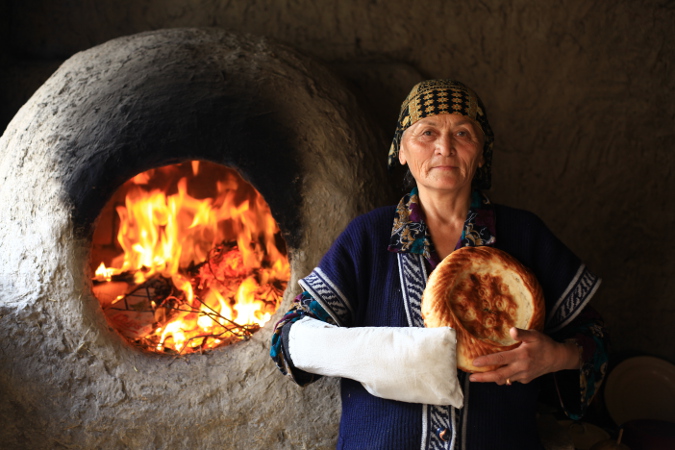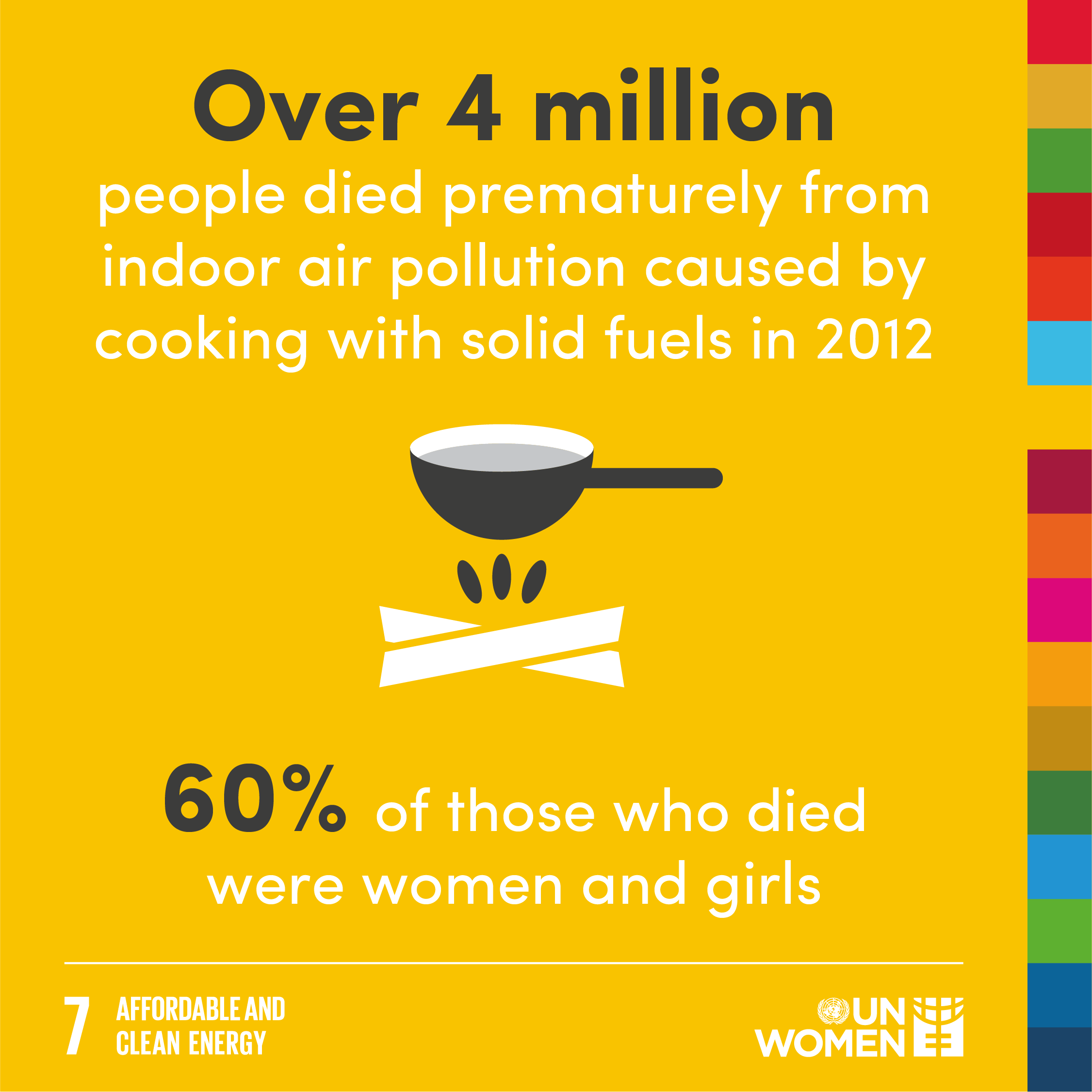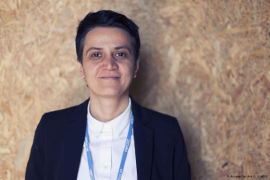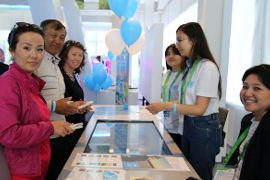SDG 7: Ensure access to affordable, reliable, sustainable and modern energy for all

Targets
- By 2030, ensure universal access to affordable, reliable and modern energy services.
- By 2030, increase substantially the share of renewable energy in the global energy mix.
- By 2030, double the global rate of improvement in energy efficiency.
- By 2030, enhance international cooperation to facilitate access to clean energy research and technology, including renewable energy, energy efficiency and advanced and cleaner fossil-fuel technology, and promote investment in energy infrastructure and clean energy technology.
- By 2030, expand infrastructure and upgrade technology for supplying modern and sustainable energy services for all in developing countries, in particular least developed countries, small island developing States, and land-locked developing countries, in accordance with their respective programmes of support.
Affordable, clean energy fuels sustainable development, such as by providing the light that allows a child to do her homework or the power that a woman uses to run sewing machines for her business. Worldwide, 1.1 billion people still have no electricity. Three billion burn solid fuels such as wood and animal dung for cooking and heating, filling their homes with dangerous pollutants.

In spending more time around the home, women and girls accounted for 6 out of 10 of the 4.3 million premature deaths caused in 2012 by indoor air pollution. In rural households in Central and Southern Asia, the proportion of households with reliance on solid fuels is as high as 89 per cent. Available data for Europe and Northern America shows that 22 per cent of rural households, 18 per cent of poorest households and 13 per cent of all households still rely on solid fuels.[1]
The lack of modern energy sources has other consequences for women and girls, who are often the primary household energy managers. They may spend hours each day collecting fuel and carrying heavy loads. In households that cook with solid fuels, girls spend 18 hours a week, on average, gathering fuel. Women are largely sidelined in the industries that produce modern sources of renewable energy, however, comprising only 20 per cent of the workforce.[2]
Some indications suggest that women are more likely than men to conserve energy—using up to 22 per cent less, including through a greater willingness to alter everyday behaviours.[3]
UN Women acts to extend energy access through gender-inclusive energy planning and policies, promoting women’s entrepreneurship for sustainable energy, and improving women’s skills and access to financial resources. Since 2011, UN Women has co-sponsored the Gender Equality Award granted by the SEED Initiative, a global partnership for action on sustainable development and the green economy.
Stories
From where I stand: "Sustainable energies are especially useful for women"
Nino Gamisonia, a project coordinator at the Rural Communities Development Agency in Georgia, has been working on promoting and ensuring access to solar power since 2009. Currently, she is a member of one of the power cooperatives, R-Clean Energy, which is engaged in setting up solar water heaters.
UN Women spotlights women and energy at EXPO 2017
At EXPO 2017 in Kazakhstan, UN Women’s booth showcases low-cost, sustainable projects that give women access to energy and train them in renewable technologies.
Notes
[1] This is based on data for eight countries in the region, representing 7% of the population.
[2] International Renewable Energy Agency (IRENA)
[3] UNIDO (2013), Sustainable Energy For All: The gender dimensions, p. 11.

